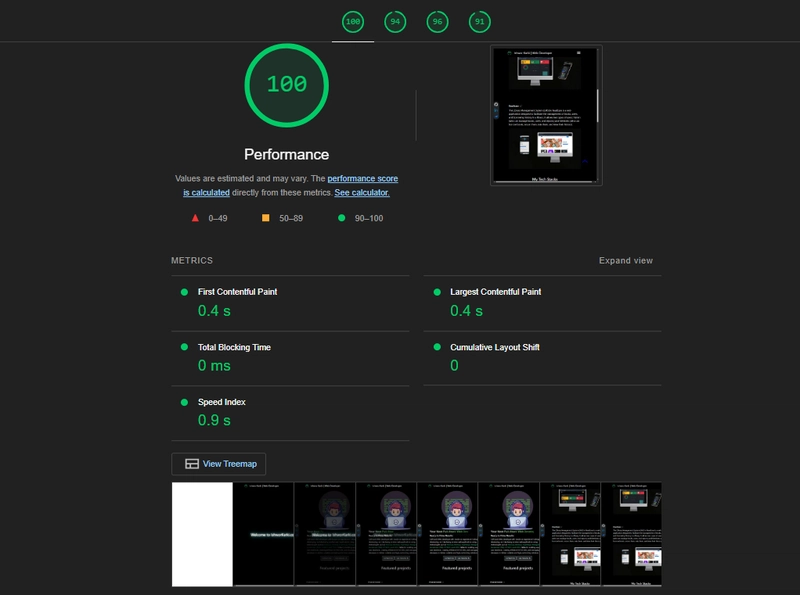RFK Jr. warns seed oils are poisoning Americans, and a new study shows a possible link to cancer
Omega-6 fatty acid linoleic acid, found in the oils, were linked to an aggressive form of breast cancer in mice.

In the ongoing war over the health of seed oils, Robert F. Kennedy may have just scored a point.
That’s because the Health and Human Services secretary has made a push for beef tallow over seed oils, by which he claims Americans are being “unknowingly poisoned”—and a new study has linked the oils, including safflower, canola, corn, soybean, and sunflower oils, to an aggressive form of breast cancer.
In the Weill Cornell Medicine study published last month in Science, researchers found that linoleic acid—the omega-6 fatty acid found in the oils—promoted growth of triple-negative breast cancer tumors in mice (though it's important to note that the same results and treatments do not always translate to human clinical trials).
Triple negative breast cancer, which accounts for up to 15% of breast cancers, is a more aggressive form with a higher incidence of recurrence and a higher likelihood to have already spread when discovered, according to the American Cancer Society.
Researchers explain that the omega-6 fatty acid binds to the protein FABP5, which can promote the growth of cancerous tumors. What’s more, patients with triple-negative breast cancer had higher concentrations of linoleic acid in their tumors and blood samples, according to the Weill Cornell researchers.
“This discovery helps clarify the relationship between dietary fats and cancer, and sheds light on how to define which patients might benefit the most from specific nutritional recommendations in a personalized manner,” Dr. John Blenis, one of the authors of the study and a cancer research professor in the Department of Pharmacology at Weill Cornell Medicine, said in a press release.
Researchers note that the fatty acid has become a growing staple in the Western diet, particularly in the consumption of processed foods. It’s also present in some animal products like eggs and pork, although the amount depends on the diet of the animal source.
“This research helps address a significant knowledge gap in how specific nutrients, particularly lipids, affect cell growth. It provides a step-by-step understanding of how a common dietary fat can fuel cancer proliferation,” Estela Jacinto, a professor of biochemistry and molecular biology at Rutgers Robert Wood Johnson Medical School, who was not a part of the study, writes in a post on the University’s website discussing the importance of the results.
The bottom line, according to researchers? Reducing the consumption of seed oils present in many ultra-processed foods may help lower the risk of breast cancer, especially for those who are already at a high risk. In general, limiting ultra-processed foods is also vital for reducing the risk of chronic conditions, such as heart disease, and protecting the brain from cognitive decline.
When it comes to cooking at home, olive oil and avocado oils are both heart-healthy and contain lower percentages of linoleic acid.
Of the latest study findings, research noted, “The discovery could lead to new dietary and pharmaceutical strategies against breast and other cancers.”
More on cancer:
- Many women find their own breast cancer. So why are breast self-exams no longer recommended?
- Cancer deaths are down, but rates in women under 50 are rising
- I tried the American Cancer Society’s new cancer risk assessment. Here’s what I learned
This story was originally featured on Fortune.com









![[DEALS] The All-in-One Microsoft Office Pro 2019 for Windows: Lifetime License + Windows 11 Pro Bundle (89% off) & Other Deals Up To 98% Off](https://www.javacodegeeks.com/wp-content/uploads/2012/12/jcg-logo.jpg)































































